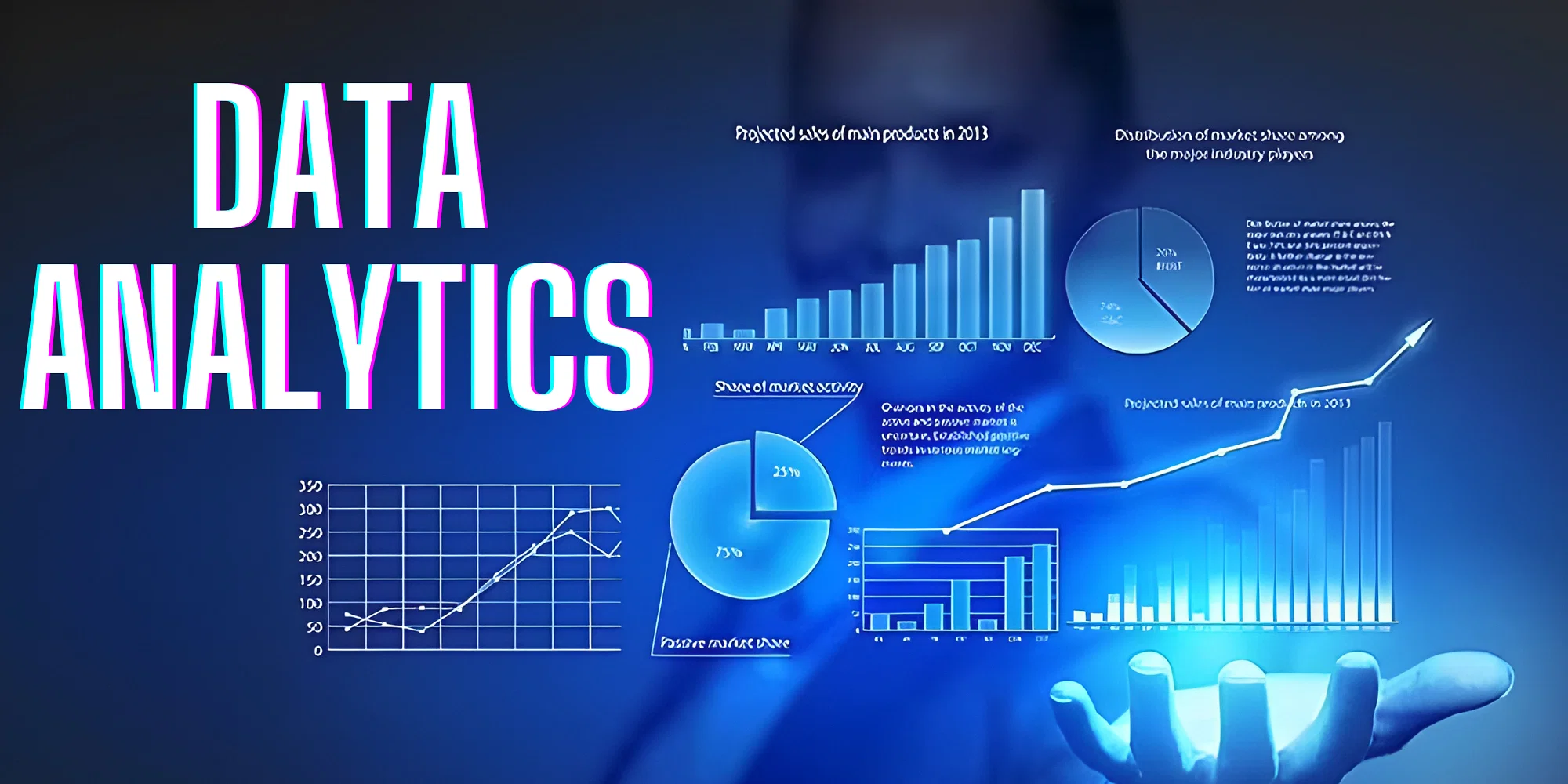
Introduction
In an era dominated by digital transformation and information overload, businesses and individuals alike are discovering the transformative potential of data analytics. This rapidly evolving field empowers organizations to make informed decisions, predict trends, and unveil hidden patterns within vast amounts of data. In this blog post, we'll take a deep dive into the world of data analytics, exploring its significance, methodologies, and real-world applications.
The Significance of Data Analytics
Data analytics involves the systematic analysis of data sets to extract valuable insights, enabling organizations to make data-driven decisions. The significance of data analytics is reflected in its ability to:
-
Informed Decision Making: Data-driven decisions eliminate guesswork by providing factual insights. Organizations can identify opportunities, mitigate risks, and optimize operations with confidence.
-
Enhanced Efficiency: Through data analysis, businesses can streamline processes, allocate resources more efficiently, and reduce operational costs.
-
Personalized Experiences: Data analytics fuels personalization by enabling businesses to understand customer preferences and tailor their offerings to individual needs.
-
Predictive Insights: By recognizing patterns in historical data, organizations can forecast future trends, helping them stay ahead in a competitive landscape.
Methodologies of Data Analytics
Data analytics encompasses a range of methodologies, each serving a specific purpose:
-
Descriptive Analytics: This phase involves summarizing historical data to understand past events. It helps in identifying trends, patterns, and anomalies, forming the foundation for further analysis.
-
Diagnostic Analytics: Going beyond description, diagnostic analytics seeks to uncover the reasons behind certain events. It involves root cause analysis and is crucial for problem-solving.
-
Predictive Analytics: Using historical data and statistical algorithms, predictive analytics forecasts future outcomes. It's invaluable for organizations looking to prepare for upcoming trends and challenges.
-
Prescriptive Analytics: This advanced phase not only predicts future scenarios but also provides recommendations on the best course of action. It's a step towards automation and intelligent decision-making.
Real-world Applications
Data analytics finds its applications across diverse industries:
-
Business and Marketing: Analyzing consumer behavior helps businesses tailor their marketing strategies, optimize pricing models, and identify potential markets for expansion.
-
Healthcare: Data analytics enhances patient care through predictive modeling, disease outbreak tracking, and personalized treatment plans.
-
Finance: Risk assessment, fraud detection, and investment strategies are all transformed through data analytics in the financial sector.
-
Manufacturing: Operational efficiency, supply chain optimization, and quality control benefit from data-driven insights.
-
E-commerce: Recommender systems, inventory management, and customer experience improvements rely on data analytics.
Challenges and Considerations
While data analytics offers incredible benefits, it comes with challenges:
-
Data Quality: Accurate insights depend on high-quality data. Inaccurate or incomplete data can lead to faulty conclusions.
-
Privacy and Ethics: As data collection grows, concerns about user privacy and ethical data usage become more prominent.
-
Skill Gap: Skilled data analysts and data scientists are in high demand. Closing the skill gap requires continuous learning.
-
Technological Infrastructure: Implementing data analytics requires robust technological infrastructure to store, process, and analyze large datasets.
Conclusion
Data analytics is not just a buzzword; it's a powerful tool reshaping industries and driving informed decision-making. As technology advances and businesses recognize the potential of their data, the field of data analytics will continue to evolve. By embracing this evolution, organizations can unlock new opportunities, better serve their customers, and pave the way for a more data-driven future. Whether you're a business leader, a data enthusiast, or someone curious about the potential of data, understanding and harnessing the power of data analytics can truly be a game-changer.
